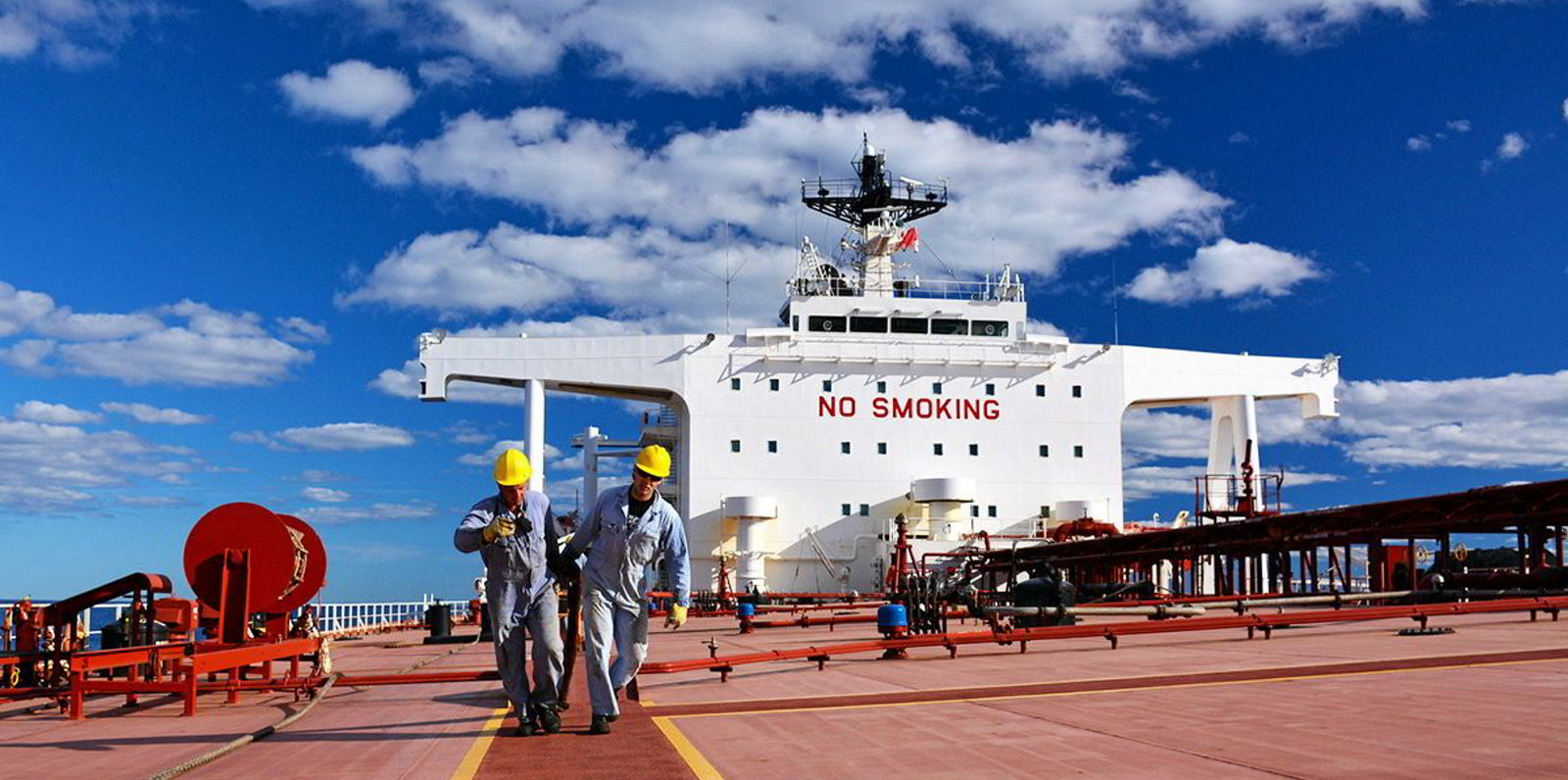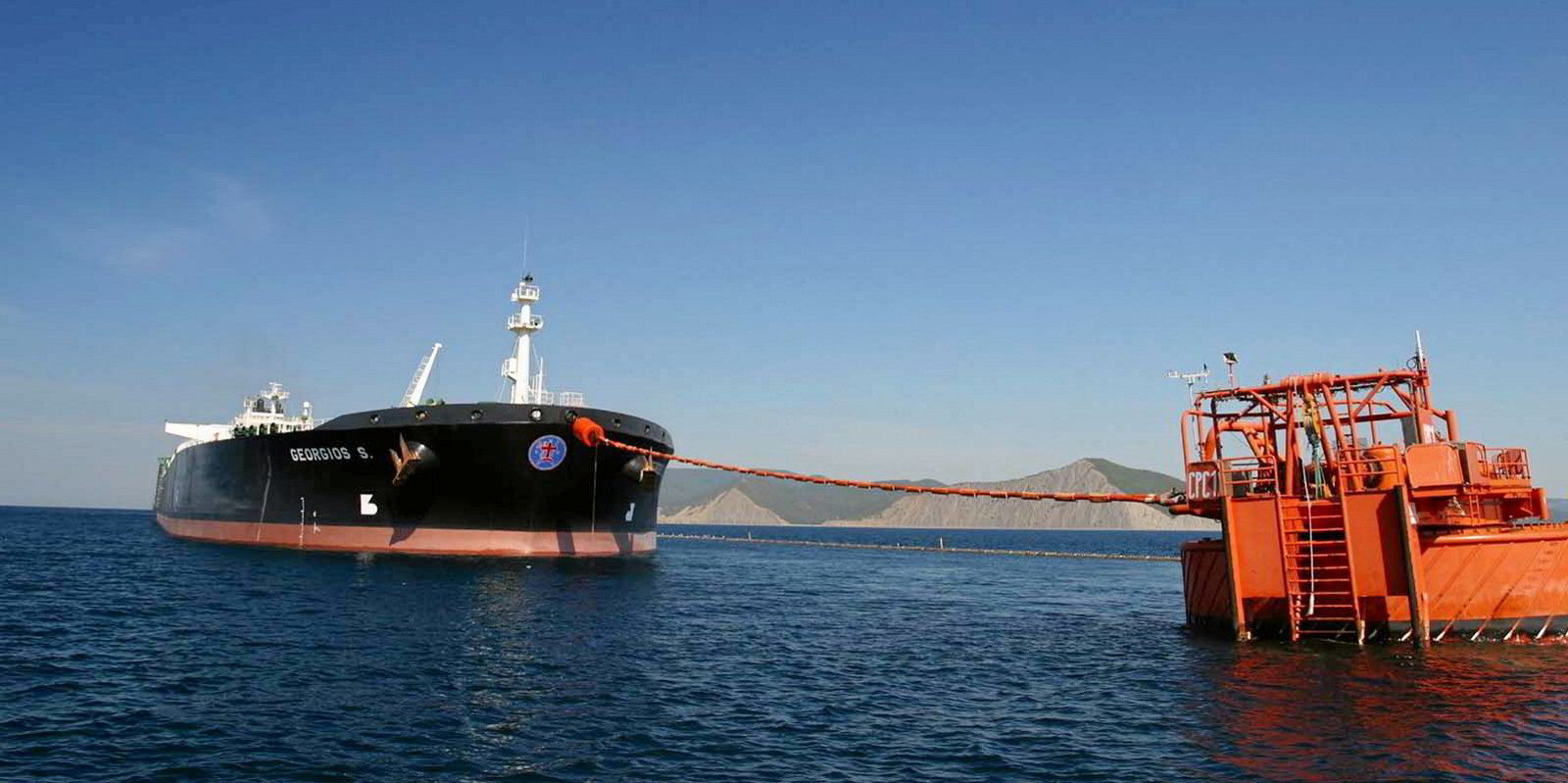The Russian invasion of Ukraine has shuffled global oil markets, but tanker market players worried about demand need to look toward China, S&P Global's Jim Burkhard said.
The Ukraine crisis has reshuffled global oil flows, he said, while noting that China has had an even bigger impact on demand as it doggedly pursued a zero Covid-19 policy.
“We've lost far more oil demand in China because of the restrictions that have been imposed since march ... than we have Russian supply,” Burkhard told attendees at the Journal of Commerce's Breakbulk22 conference in New Orleans on Tuesday.
“In fact, we’ve hardly lost any Russian supply globally. If you look at the flows of Russian oil, crude oil and products, how much is loaded on ships … there’s been no disruption on a volumetric basis yet.”
Burkhard, S&P Global's vice president and head of research for oil markets, energy and mobility, said the extent to which Russian oil has been refused was self-sanctioning from western countries and companies looking elsewhere.
Outright bans like the ones from the US, UK and Canada implemented were “small potatoes”, as those countries bought little Russian oil to begin with, he said.
He explained that those markets where Russia is sending its oil, like India, are buying at a discount of $30 or more, versus a $2 to $3 discount before the war started, with governments there seeing an opportunity to keep oil prices low.
“[In] India and other countries — Africa, south [and] southeast Asia — they view this Ukraine conflict much differently than we do here in North America."
Russia's war in Ukraine is thought to be beneficial for suezmax and aframax tankers, while VLCCs are tipped to suffer as Europe seeks oil from elsewhere and Russian trades require smaller sips.
Global oil demand, meanwhile, is expected to be a positive for tankers across asset classes.
But recently both Rystad Energy and shipbroker Barry Rogliano Salles have slashed their expectations for demand due to Chinese Covid-19 lockdowns.






